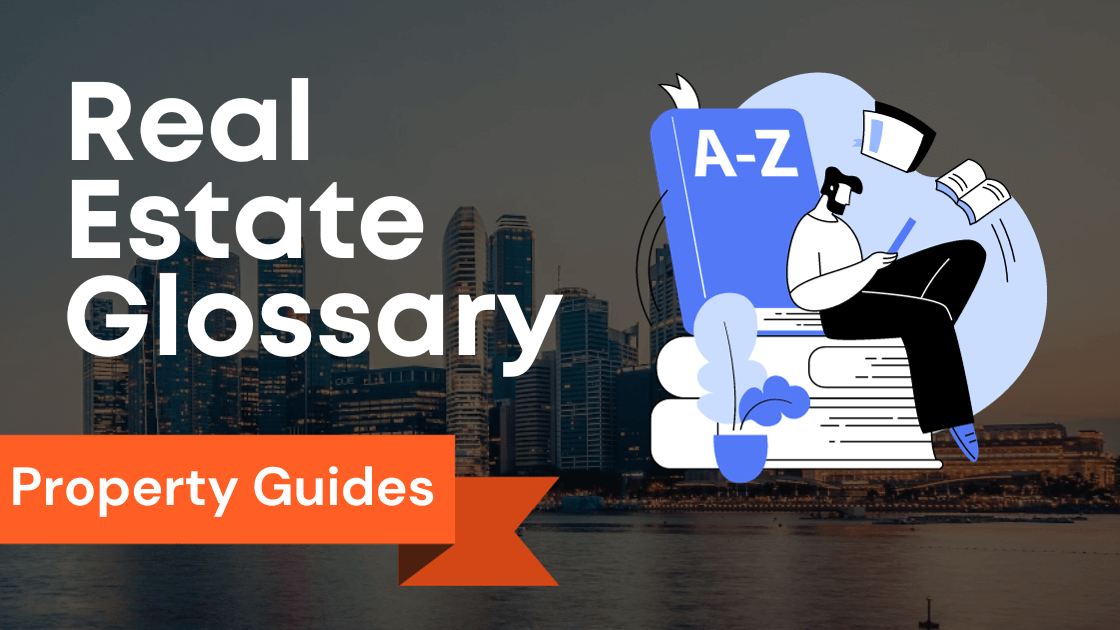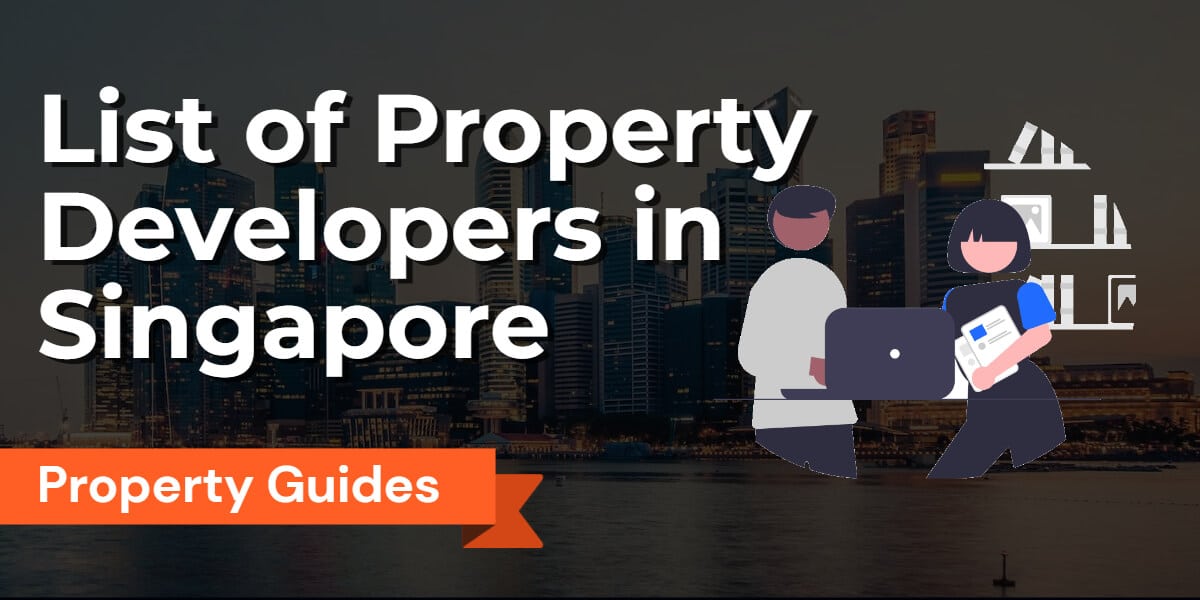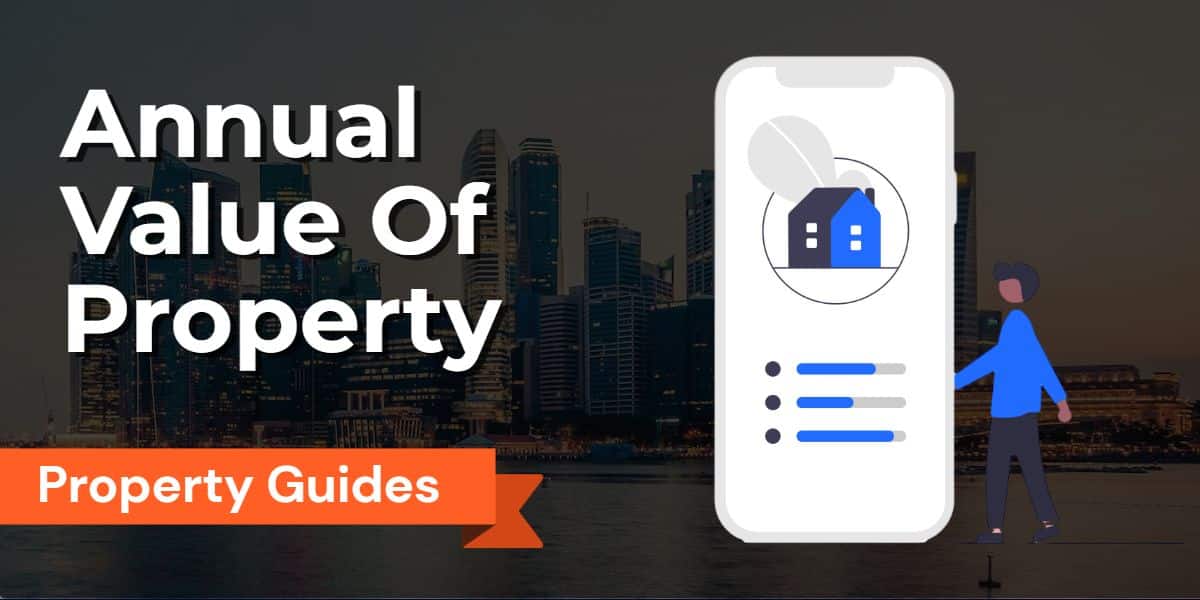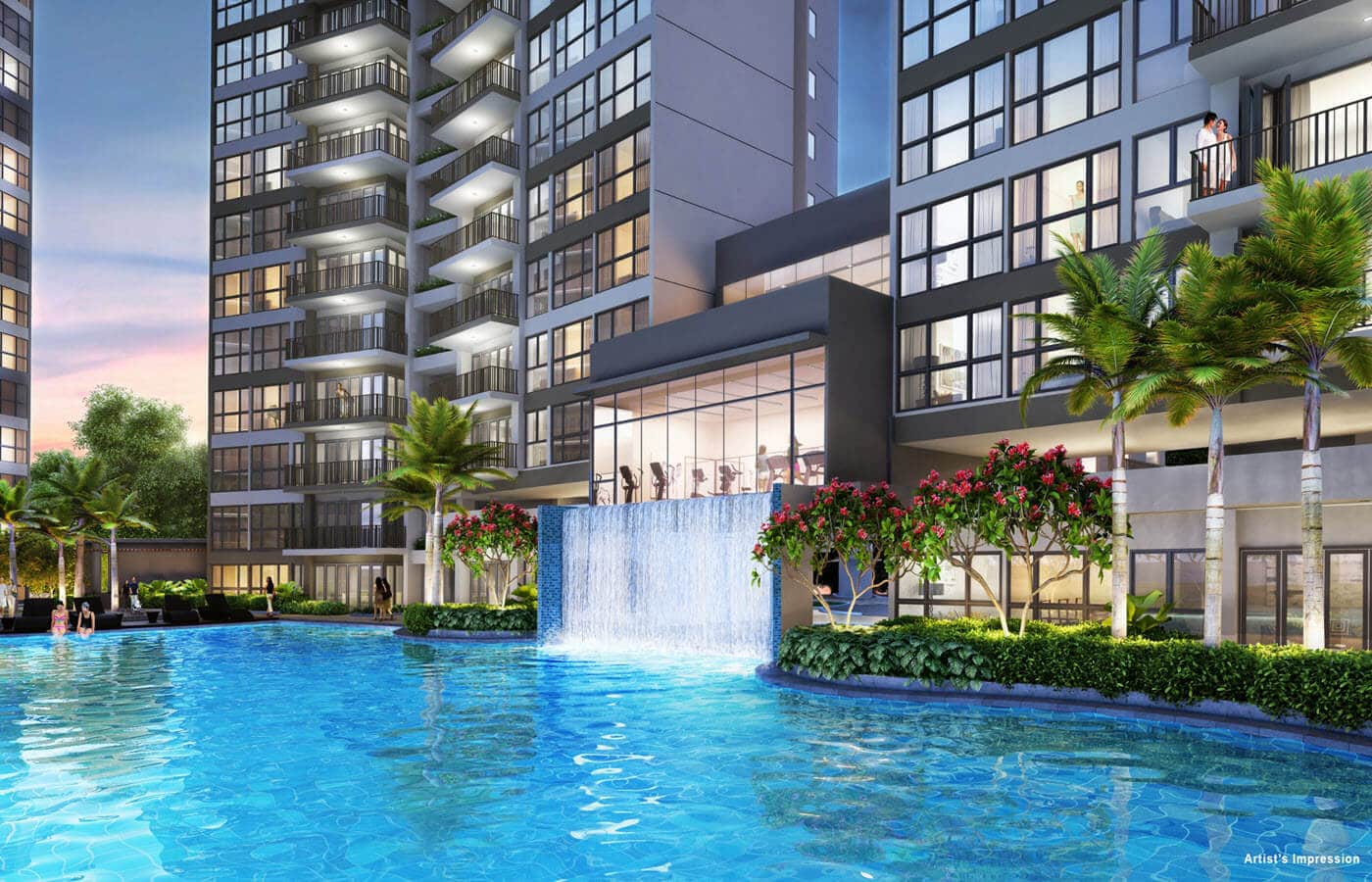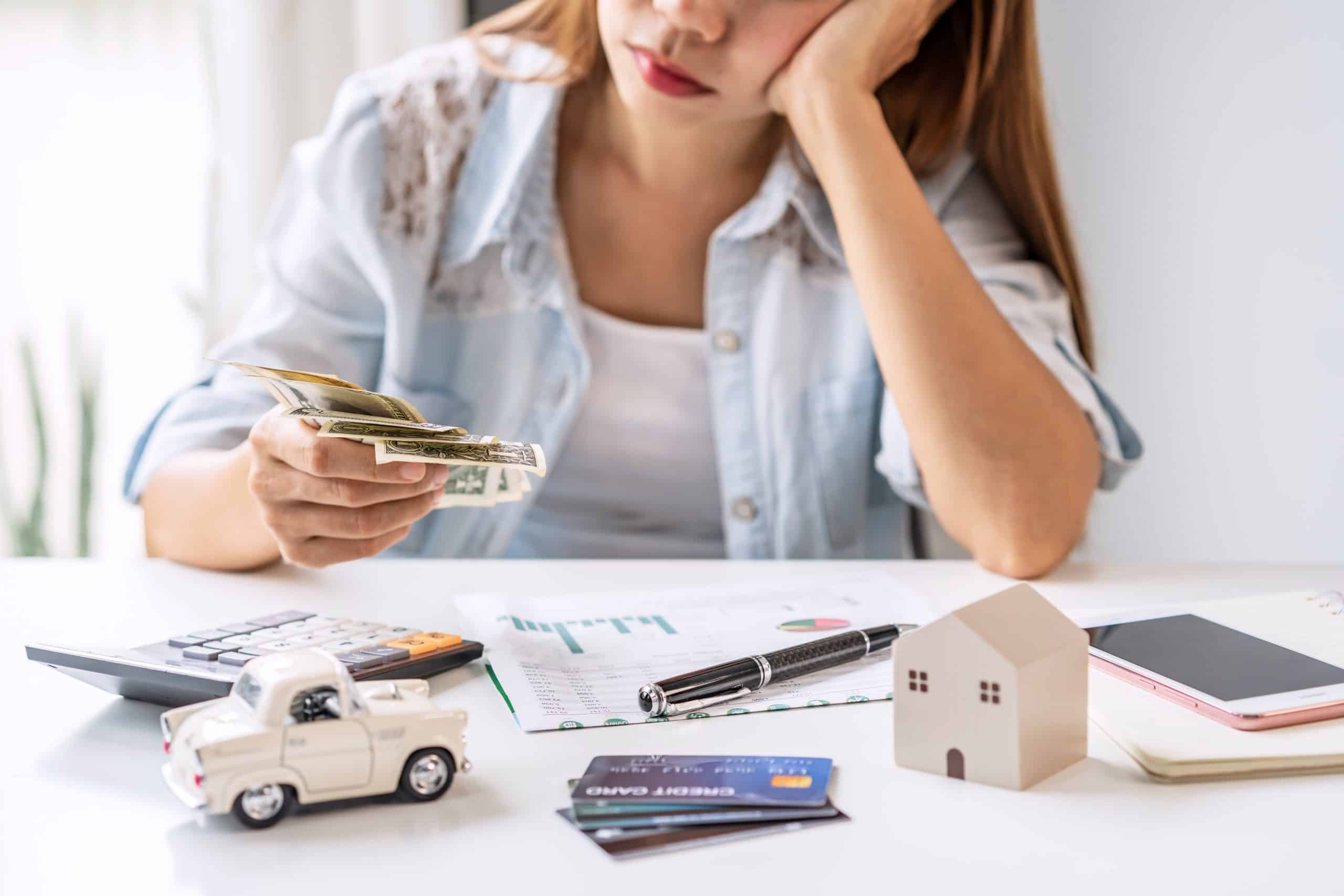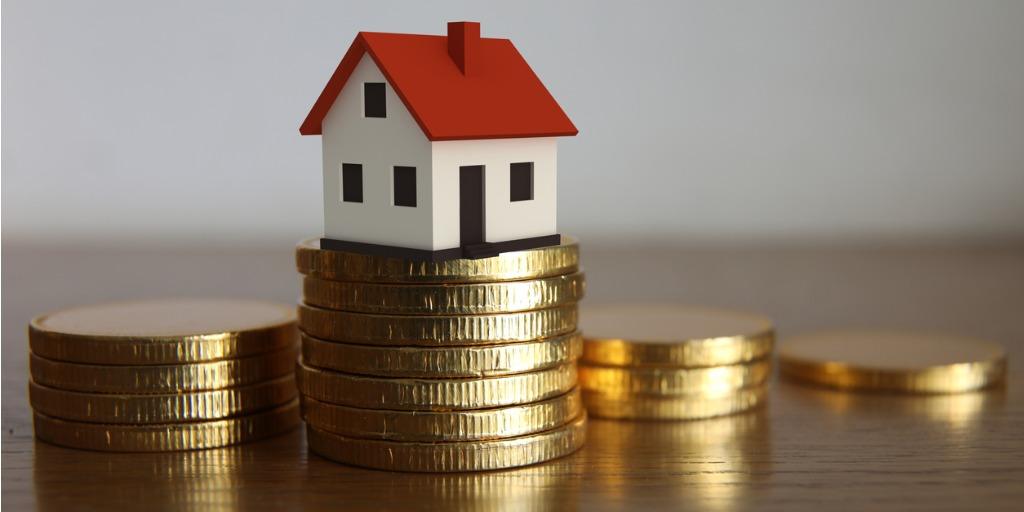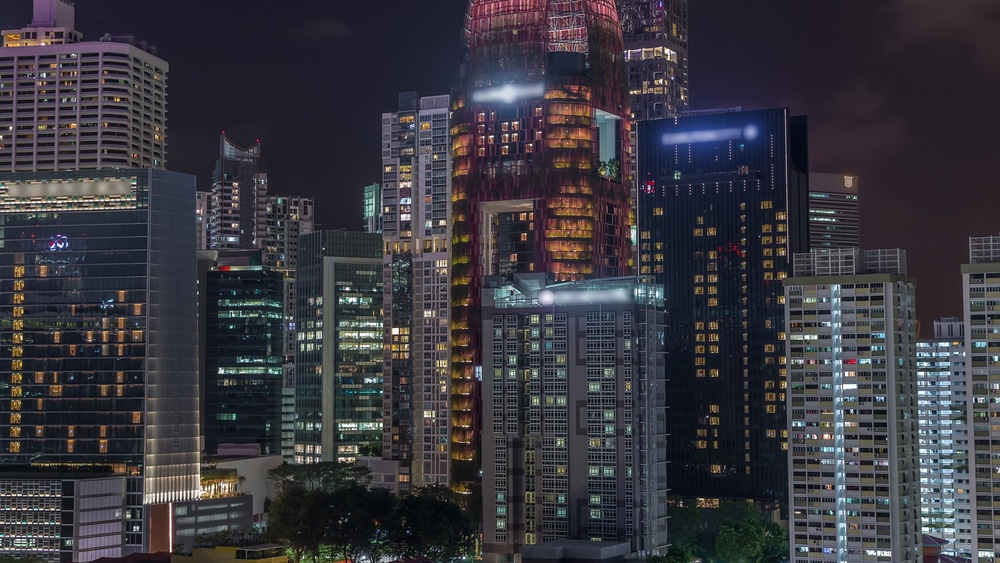
Are you curious about the different types of property ownership in Singapore?
Whether you’re a first-time buyer or a seasoned investor, understanding the nuances of freehold vs leasehold properties is essential.
In this blog, we’ll explore the key differences between these two property types, their implications on value and financing, and how they can impact your investment decisions.
Key Takeaways
| Freehold Properties | Leasehold Properties |
|---|---|
| – Ownership of the land is indefinite. | – Ownership of the land reverts to the government after the lease expires. |
| – Can be used or sold as desired by the owner. | – Limited control over the property requires approval for major renovations or changes. |
| – Higher resale value and rental yield. | – Decreasing resale value as the lease gets closer to expiration. |
| – More security and potential for capital appreciation. | – Lower upfront costs and lower maintenance responsibility. |
| – Easier to finance due to increased security for lenders. | – May require larger down payments or higher interest rates due to higher risk. |
| – Higher cost of the property. | – Generally more affordable due to limited lease duration. |
| – Responsibility for maintenance falls on the owner. | – The management company manages maintenance fees and service charges. |
| – Potential for higher rental yields and resale values in prime locations. | – Rental yield and resale value affected by remaining lease and location. |
| – Renovation and upgrades can add significant value. | – Limited ownership rights and potential decrease in value as the lease approaches expiration. |
| – Long-term investment potential and potential for passing down to future generations. | – Limited control of the property and uncertainty at the end of the lease. |
| – Potential for appreciation in value over time. | – Limited renewal options for the lease and potential decrease in value if the lease is not extended. |
| – Affected by future developments in the area. | – Affected by future developments in the area. |
| – Higher purchase prices compared to leasehold properties. | – Lower purchase prices compared to freehold properties. |
| – Higher maintenance costs in the long run. | – Lower maintenance costs managed by the management company. |
| – Higher security and profitability. | – Lower security and potential risks. |
| – More flexibility and control over the property. | – Limited possession and control of the property. |
| – Potential for en-bloc sales and increased value. | – Potential impact on property price and value during en-bloc sales. |
Understanding Freehold and Leasehold Properties in Singapore
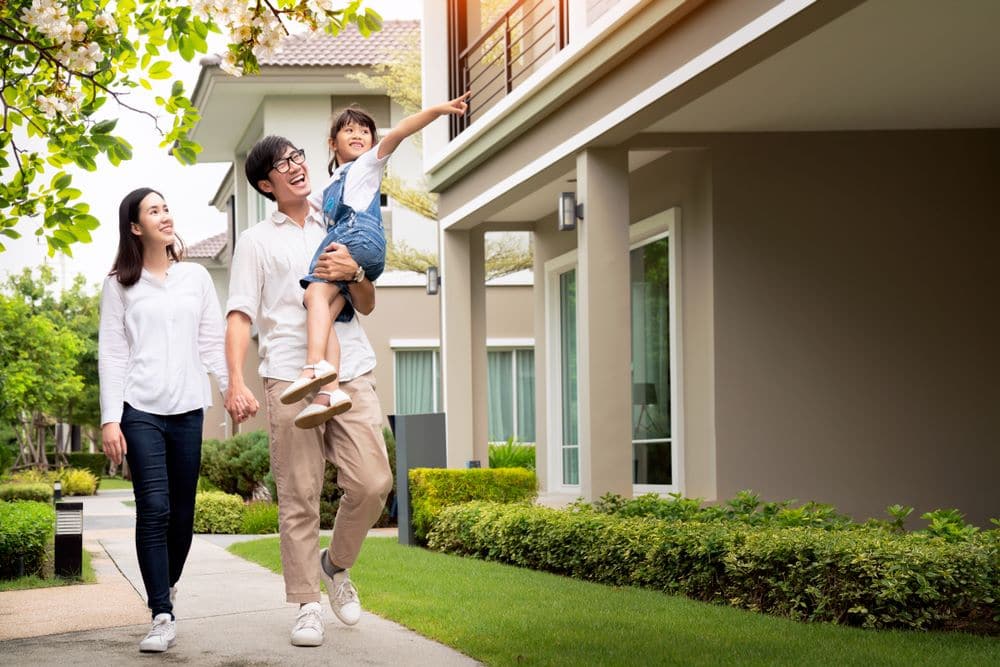
What is a freehold property?
A freehold property is one in which the property sits on land that is owned indefinitely by the owner.
This means that there is no lease or time limit on the ownership of the property and the owner can use it or sell it as they please.
In Singapore, land is considered freehold if it is owned for a period of 999 years or more.
What is a leasehold property?
A leasehold property, on the other hand, is one in which the owner has a lease for a specified period of time.
In Singapore, most leasehold properties have a lease that lasts for 99 years.
Once this lease expires, the property reverts to the government unless the lease is extended or the property is purchased through a collective sale.
What are the key differences between freehold and
leasehold properties in Singapore?
The main difference between freehold and leasehold properties is the ownership of the land on which the property sits.
With freehold properties, the owner owns the land indefinitely while with leasehold properties, the ownership of the land reverts to the government once the lease expires.
This can affect the resale value, rental yield, and financing options available for both types of properties.
Exploring the Differences Between Freehold and Leasehold Properties
How does the lease tenure affect the value of a
property?
The remaining lease on a leasehold property can significantly impact its value.
As the lease gets closer to expiration, the property’s value may decrease since potential buyers or tenants may hesitate to invest in a property that will soon revert to the government.
However, some leasehold properties can still hold their value if they are located in prime locations or have the potential for redevelopment.
What are the restrictions on leasehold properties
compared to freehold properties?
Leasehold properties typically have more restrictions than freehold properties.
For example, the owner of a leasehold property may need approval from the government or the landowner before making any major renovations or changes.
Additionally, the owner may need to pay ground rent to the government or landowner for the right to occupy the land.
What happens to the property when the lease
expires?
When the lease on a leasehold property expires, the property reverts to the government unless the lease is extended or the property is purchased through a collective sale.
If the owner of a leasehold property does not take any action before the lease expires, they will lose their right to the property and will not receive any compensation.
The Significance of Lease Terms in Condos and Residential Properties

What is a leasehold condo, and how does it differ from a
freehold condo?
A leasehold condo is a condo unit built on leasehold land, while a freehold condo is one built on freehold land.
The key difference between the two is the ownership of the land on which the condo sits.
With a leasehold condo, the owner will eventually have to return the unit to the landowner when the lease expires, while with a freehold condo, the owner can use or sell the unit as they, please.
What are the common lease terms for condos and
residential properties?
Most leasehold properties, including condos, have a lease of 99 years.
Some older properties may have shorter leases, while newer ones, such as 999 years, may have longer leases.
Buyers need to consider the remaining lease on a property when making a purchase decision.
How does the remaining lease affect the property’s rental
yield and resale value?
The remaining lease on a property can significantly impact its rental yield and resale value.
As the lease gets closer to expiration, the rental income from the property may decrease since potential tenants may be hesitant to rent a property with a limited lease.
Similarly, the property’s resale value may also decrease as potential buyers may not be willing to invest in a property with a limited lease.
Factors to Consider When Choosing Between Freehold and Leasehold Properties
What type of property is suitable for freehold or leasehold
tenure?
The choice between freehold and leasehold tenure depends on the type of property and the owner’s investment goals.
For example, if the property is a commercial property or a property with the potential for redevelopment, a long-term lease may be more suitable.
Conversely, freehold tenure may be more appropriate if the property is a family home or a long-term investment.
What are the costs of buying a freehold or leasehold
property?
The costs of buying a freehold or leasehold property vary depending on several factors, such as the property’s location, condition, and size.
Leasehold properties typically cost less than freehold properties due to the limited lease duration.
How does the property tenure affect the ability to finance
the property?
The property tenure can also affect the financing options available to buyers.
Freehold properties may be easier to finance since they offer more security to lenders.
Leasehold properties may require larger down payments or higher interest rates since lenders consider them higher-risk investments.
Evaluating the Rental Yield of Freehold and Leasehold Condos
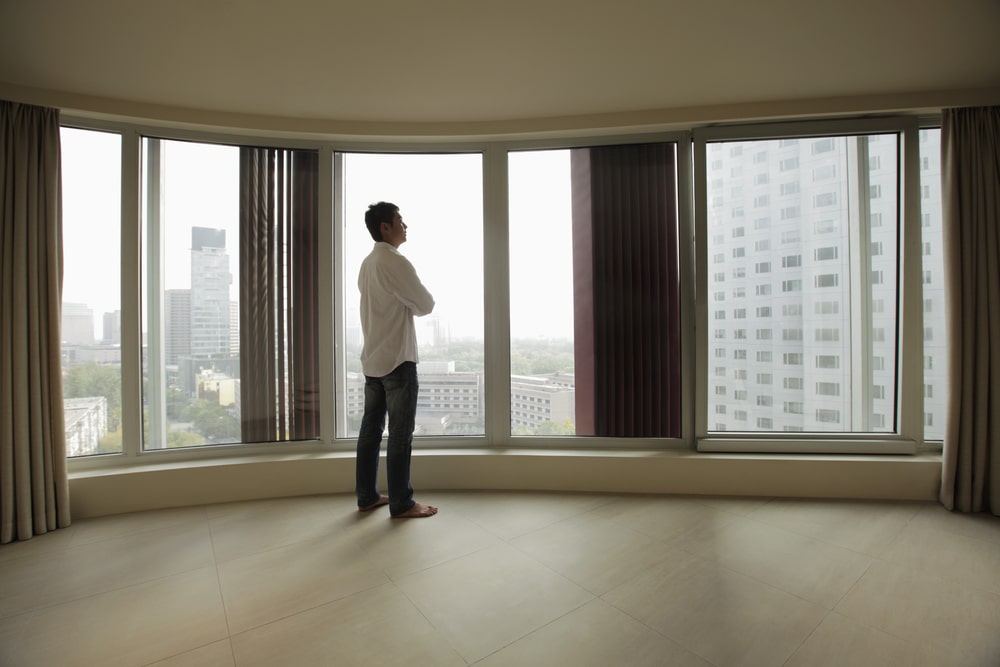
How does the rental yield of freehold condos compare to
leasehold condos?
In general, freehold condos tend to have higher rental yields than leasehold condos due to the increased flexibility and security that they offer to tenants.
However, this can also depend on the location and condition of the property, as well as the remaining lease on the leasehold condo.
What factors affect the rental yield of leasehold condos?
Several factors can affect the rental yield of a leasehold condo, such as the remaining lease, location, condition, and amenities offered by the development.
Properties located near transportation hubs or business centers may be more attractive to tenants and therefore have a higher rental yield.
What are the risks associated with investing in leasehold
condos?
Investing in leasehold condos can be riskier than investing in freehold properties due to the limited lease duration.
If the remaining lease on a property is short, the resale value and rental income may be significantly affected.
Additionally, there is always a risk that the lease will not be extended or that the property will not be sold en bloc, which can result in a complete loss of the investment.
Analyzing the Value of Freehold Properties in the Singapore Market
What is the current market trend for freehold properties in
Singapore?
In recent years, there has been an increase in demand for freehold properties in Singapore, particularly in prime locations such as the city center and high-end residential areas.
This can be attributed to freehold properties’ increased sense of security and long-term investment potential.
How does the location of the property affect its freehold
status?
The location of the property can also affect its freehold status.
While most properties with a lease of 999 years or more are considered freehold, there are some exceptions, such as land held by the government for specific purposes or land with a restrictive covenant attached.
What are the long-term benefits of buying a freehold
property?
Buying a freehold property can offer several long-term benefits, such as increased flexibility, security, and potential for capital appreciation.
Since the owner has indefinite ownership of the land, they are free to use or sell the property as they, please.
Additionally, freehold properties may appreciate in value over time, making them a potentially lucrative investment.
Pros and Cons of Investing in Freehold Condos vs. Leasehold Condos
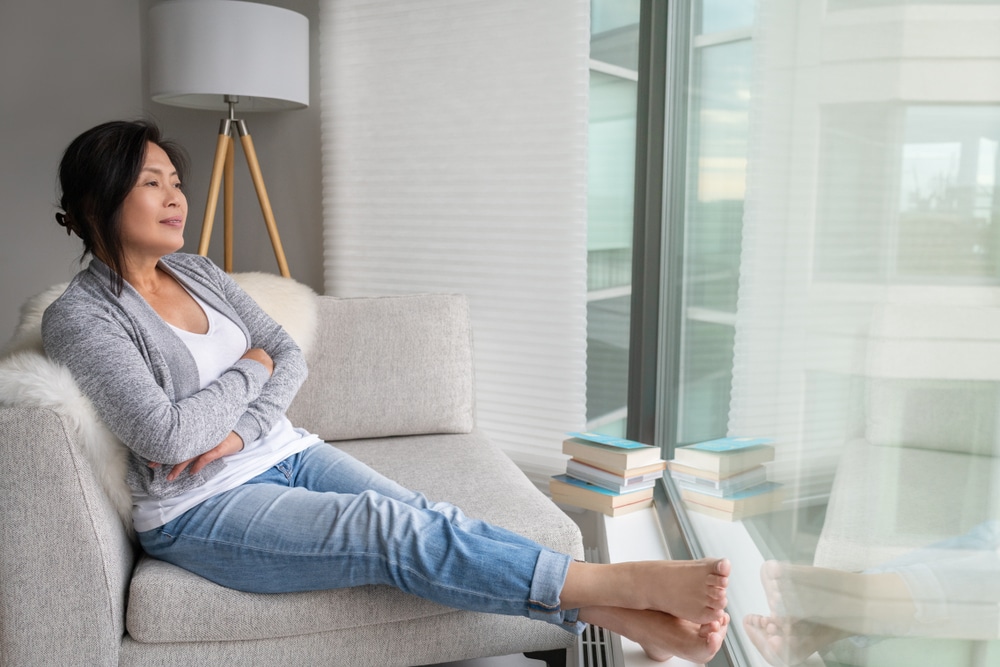
Advantages of Investing in Freehold Condos
Freehold properties are considered the next best thing to owning land in Singapore.
This is because freehold properties have no lease period, which means that owners can retain ownership of the property indefinitely.
This makes freehold properties a highly valuable asset that can be passed down from generation to generation without renewing the lease or extending the tenure.
Freehold properties also tend to have higher resale values compared to leasehold properties.
This is because the property’s ownership rights remain with the owner for an indefinite period.
Thus, this makes freehold properties a more secure asset purchase as it has a lower risk of decreasing value.
Disadvantages of Investing in Freehold Condos
The main disadvantage of investing in freehold properties is the higher cost of the property.
Freehold properties do not have a lease period, so they are generally more expensive than their leasehold counterparts.
Additionally, owning a freehold property means taking full responsibility for maintaining the building and the land, which can be a financial burden in the long run.
Advantages of Investing in Leasehold Condos
Leasehold properties are typically more affordable compared to freehold properties.
They also have lower upfront costs of property purchases as owners only purchase the property for a fixed period (usually 99 years or shorter).
Leasehold properties are relatively low-maintenance, as the management company takes care of the building and land maintenance under the Service Charge.
This means the owners only have to pay a maintenance fee that varies considerably from property to property.
Disadvantages of Investing in Leasehold Condos
The main disadvantage of investing in a leasehold is that the building’s value decreases as the years left to the lease diminish.
Moreover, when purchasing a leasehold property, the buyer only buys the right to use the property for a defined period before the property reverts to the property’s original owner in the end.
This implies that the leasehold owner has limited control of the property.
It is also possible that the lease renewal might be declined, leading to a decrease in the property’s value.
The Implications of 99-Year Leasehold Properties in Singapore
What is a 99-Year Leasehold Property?
A 99-year leasehold property has a lease period of 99 years from the date it was first built.
This means that the buyer of the property only gets to enjoy the property’s full ownership rights for the duration of its lease.
How Does a 99-Year Leasehold Property Affect Resale
Value?
As the property ages, the remaining years on the lease begin to affect the property’s resale value.
The closer it is to the end of its lease, the less valuable the property becomes—even more so when fewer than 60 years are left.
This means that the property may not hold its value as well as its freehold counterpart, and buyers need to consider the property’s age and the remaining years on the lease before making a purchase decision.
Are 99-Year Leasehold Properties Worth Investing In?
While 99-year leasehold properties tend to have lower purchase prices than freehold properties, their decreasing resale value and limited ownership rights make them less secure investments.
However, 99-year leasehold properties with access to good locations and amenities may still appreciate in value over time, so buyers should carefully assess the potential for long-term growth before making a purchase decision.
Maximizing the Value of Freehold Condos in Singapore

Renovation and Upgrades: How They Affect Freehold
Property Value
Renovation and upgrades of freehold properties can add significant value to a property.
Cosmetic upgrades, such as updating the kitchen or bathroom fixtures, can make the property more attractive to potential buyers and increase the resale value.
However, it’s also important to consider whether the upgrades contribute to improvements that would lead to a higher rental yield or result in potential capital appreciation.
Location: The Key Factor in Maximizing Freehold Property
Value
Location is one of the most important factors in maximizing the value of freehold properties.
Properties in prime areas tend to have higher resale values and rental yields as they attract a premium.
Urban properties near nearby amenities, transportation, employment, and educational institutions are highly desirable and ensure high demand.
Understanding the Impact of Future Developments on
Freehold Property Value
Freehold properties located near-future developments, like MRT stations or shopping centers, may increase their resale value over time.
Buyers should research any upcoming developments nearby and consider if they will add value to the property long-term.
Long-Term Considerations: Freehold vs. Leasehold Property Ownership
What Happens When a Leasehold Property Reaches the
End of its Lease?
When a leasehold property reaches the end of its lease, ownership rights of the property will revert to the original owner of the Freehold tenure.
The renewal options for the lease are limited and depend on negotiating with the landowner.
If the lease isn’t renewed, the property value can decrease significantly, becoming worthless compared to the initial purchasing cost.
Renewal Options for Leasehold Properties
If the leasehold owner wishes to renew the lease, the process can be quite complicated and expensive, depending on how many years remain on the lease.
Renewal depends on various factors, like the expiry date of the old lease, the landowner/developer’s finances, and government policies.
It is recommended that future planning should be made to mitigate the uncertainty at the end of the lease.
Differences in Maintenance Fees and Service Charges for
Freehold and Leasehold Properties
Freehold properties are often more expensive and require owners to manage the maintenance fees independently.
Meanwhile, leasehold properties involve the management company managing the service charges and maintenance fees, which the tenants incur.
Exploring the Advantages and Disadvantages of Leasehold Condos
Advantages of Leasehold Condos
Leasehold units are generally more affordable, making them an attractive option for those with limited budgets.
The lower cost and minimum maintenance provided by the management company make them a great entry point for investment.
Disadvantages of Leasehold Condos
Leasehold units have limited possession and control of property ownership rights.
Along with this, the lease period’s countdown and the lease renewal process make this a risky proposition regarding the resale value and security for a longer-term investment.
The Role of Leasehold and Freehold Properties in Singapore’s Real Estate Market
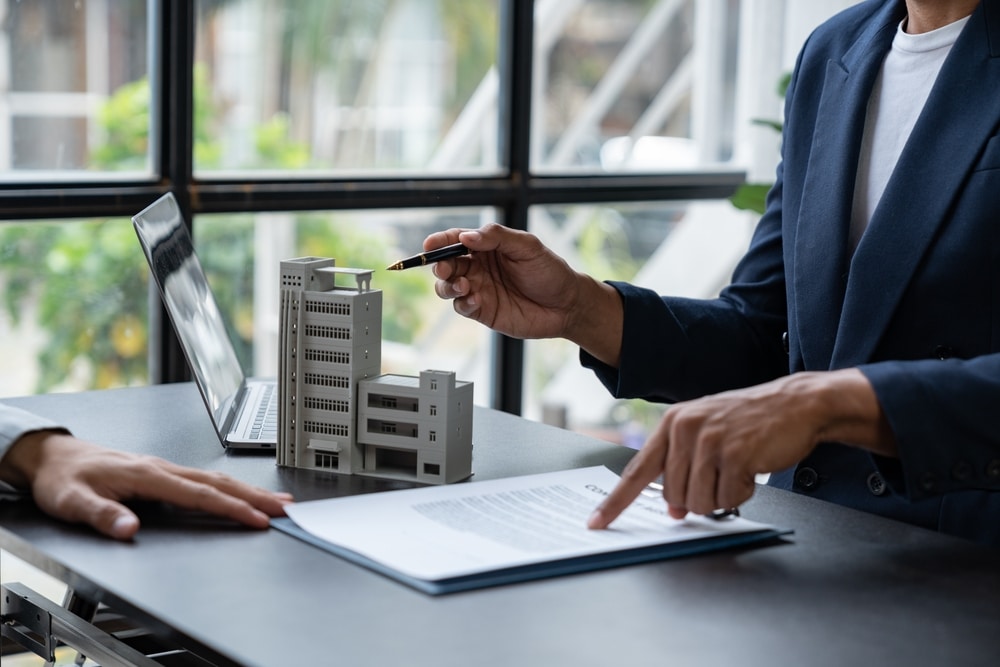
Understanding the Difference Between Freehold and
Leasehold Properties
Freehold properties grant ownership rights facilities to the owners, including the building and land, which is seldom found in leasehold properties.
In contrast, leasehold property owners have limited possession of the building and land for a predetermined period, typically 99 years.
How the Singapore Government Regulates Freehold and
Leasehold Properties
The Singapore Government heavily regulates freehold and leasehold properties.
Strict planning and regulatory norms have shaped the real estate market in Singapore and made property investments relatively secure and profitable.
Impact of En-Bloc Sales on Freehold and Leasehold
Properties
En-bloc sale is purchasing an entire building or complex and giving birth to a new fashionable development after demolishing the pre-existing one.
This greatly impacts the freehold and leasehold property’s price and value.
The spike in demand generally causes prices to shoot up.
It’s an excellent investment opportunity for property buyers hoping for a good return on their investment over time.
Leasehold and freehold properties have unique advantages and disadvantages.
Before making any property purchase, one should consider all the abovementioned parameters and assess their circumstances and objectives.
This will ensure that they make an informed property investment decision that meets their long-term goals.
Understanding the Leasehold Status and Its Impact on Property Prices
What is leasehold property tenure?
Leasehold property tenure is when a homeowner owns a property for a set period, typically 99 years or 999 years.
Essentially, homeowners who purchase a leasehold property are leasing the right to use the property for the duration of the lease.
After that period, the ownership of the property will revert to the freehold owner.
What is freehold property tenure?
On the other hand, freehold property tenure allows homeowners to own the property indefinitely and without a limit on how much time they can own it.
In Singapore, freehold developments are typically private properties, such as landed properties, owned by their owners.
What are the key differences between freehold and
leasehold properties?
The main difference between freehold and leasehold properties is the ownership period.
Freehold properties are owned indefinitely, while leasehold properties are held for a fixed period.
Also, freehold developments tend to be more expensive than leasehold ones because ownership of the land on which the property sits is permanent.
Financial Considerations: Comparing the Costs of Freehold and Leasehold Properties

What is the price difference between freehold and
leasehold properties?
Due to the permanent ownership nature of freehold properties, they tend to be more expensive than leasehold ones.
This price difference can be significant, with freehold units often going for as much as 20-30% more than their leasehold counterparts.
How do the lease status impact loan applications and
borrowing capability?
The leasehold status of a property can impact its loan applications and borrowing capability.
Banks may be reluctant to loan money for a leasehold property, especially if the lease is near the end of its term.
This is because the property will revert to the freehold owner once the lease expires.
What additional costs are associated with leasehold
properties, such as land rent, building insurance, and
Stamp Duty?
Leasehold properties come with additional costs, such as land rent, building insurance, and Stamp Duty.
Land rent is a fee paid to the government for the use of the land the property sits on, while buildings insurance is required for all Singapore homeowners.
Stamp Duty is also payable on leasehold properties based on the total cost of the property.
The Future of Freehold and Leasehold Properties: Trends and Predictions
What are the price trends of freehold and leasehold
properties in Singapore in recent years?
There have been mixed trends regarding the price of freehold and leasehold properties in Singapore.
While freehold properties tend to have a higher overall value, leasehold properties can show greater depreciation than leasehold properties once their leases near an end.
What are the implications of the North-South Corridor
development on freehold and leasehold properties?
The North-South Corridor is a major infrastructure project that will impact both freehold and leasehold properties in Singapore.
Freehold properties near the Corridor can expect a boost in value due to better accessibility.
On the other hand, leasehold properties may face a higher risk of depreciation due to the proximity to the project.
What are the predictions for the future of freehold and
leasehold properties in Singapore?
It is predicted that freehold properties will continue to outperform leasehold properties in terms of value but that there will also be demand for leasehold properties in certain circumstances.
For property portfolios, a mix of both freehold and leasehold properties is often recommended.
Conclusion
In conclusion, understanding the differences between freehold and leasehold properties is crucial when making property investment decisions in Singapore.
Freehold properties offer indefinite ownership and greater flexibility, while leasehold properties have limited ownership rights and may be subject to lease expiration.
Factors such as remaining leases, location, rental yield, and resale value should be carefully considered.
We encourage you to check out our other blog articles to further explore these topics and gain a comprehensive understanding of property tenure in Singapore.
Discover the pros and cons of investing in freehold and leasehold condos, evaluate the rental yield of different property types, and learn about the implications of lease terms on property values.
Additionally, explore the impact of future developments, renovation and upgrades, and government regulations on freehold and leasehold properties.
Frequently Asked Questions
What is the difference between freehold and leasehold?
Freehold means that you own the land and property, while leasehold means that you only have the right to use the land and property for a limited period of time.
What is a leasehold condo?
A leasehold condo means that the land and property is owned by a landlord, and the buyer only has a right to use it for a limited period of time.
Can I buy a freehold property?
Yes, you can buy a freehold property if it is available in your desired location.
Are there freehold units and leasehold units in the market?
Yes, there are both freehold units and leasehold units available in the market.
What is a 99-year leasehold property?
A 99-year leasehold property means that the buyer can only use the land and property for 99 years before it returns to the landlord.
Is freehold is more theoretical?
Yes, freehold is more theoretical because it is not bound by any time limit, and you technically own the property indefinitely.
Can I purchase a freehold or leasehold condo?
Yes, there are both freehold and leasehold condos available in the market.
What is a 99-year lease?
A 99-year lease means that you can only use the land and property for 99 years before it returns back to the landlord.
Are there 999-year leasehold properties?
Yes, there are 999-year leasehold properties available in the market.
How does a leasehold property compare to a freehold property?
A leasehold property has a shorter period of ownership than a freehold property, which is usually less expensive.











